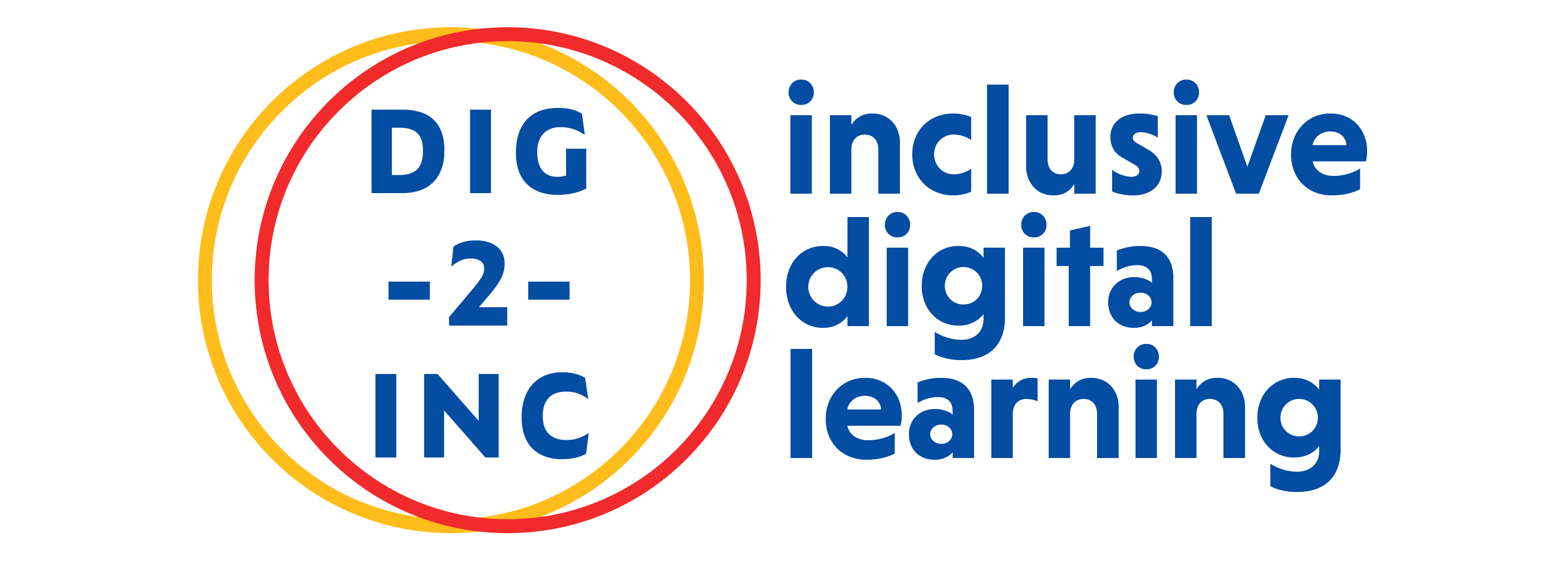Innovative Assessment Strategies for Inclusive Digital Education
Digital literacy is increasingly recognized as a key competence for lifelong learning. Since the 2018 update by the Council of the European Union, digital literacy has been defined as the confident, critical, and responsible use of digital technologies in learning, in working life, and social participation. It encompasses a wide range of skills, from media literacy and data management to content creation and critical thinking.
The Dig-2-Inc Erasmus+ project supports this vision by enhancing the digital skills of educators, especially those working with students from low socio-economic backgrounds. Aligned with the European Commission’s Digital Competence Framework for Educators (DigCompEdu), the project offers targeted training, micro-credentials, and open badges to help educators create more inclusive, tech-enhanced learning environments.
The project has now released a new report focusing on innovative assessment strategies for digital and hybrid learning. Drawing on the expertise of partner universities in Finland, Bulgaria, Romania and Italy, the report presents a framework that integrates diagnostic, formative, summative, and lifelong learning assessments. This approach ensures that educators can effectively evaluate student progress in both online and blended learning settings.
With blended learning becoming more widespread, the need for thoughtful, flexible assessment methods is more important than ever. This report offers valuable guidance on aligning assessments with learning outcomes at the course, module, and program levels.
The Dig-2-Inc project continues to promote inclusive digital education through international collaboration, involving partners from six European countries.
To learn more, browse this project website or contact the research team directly.

